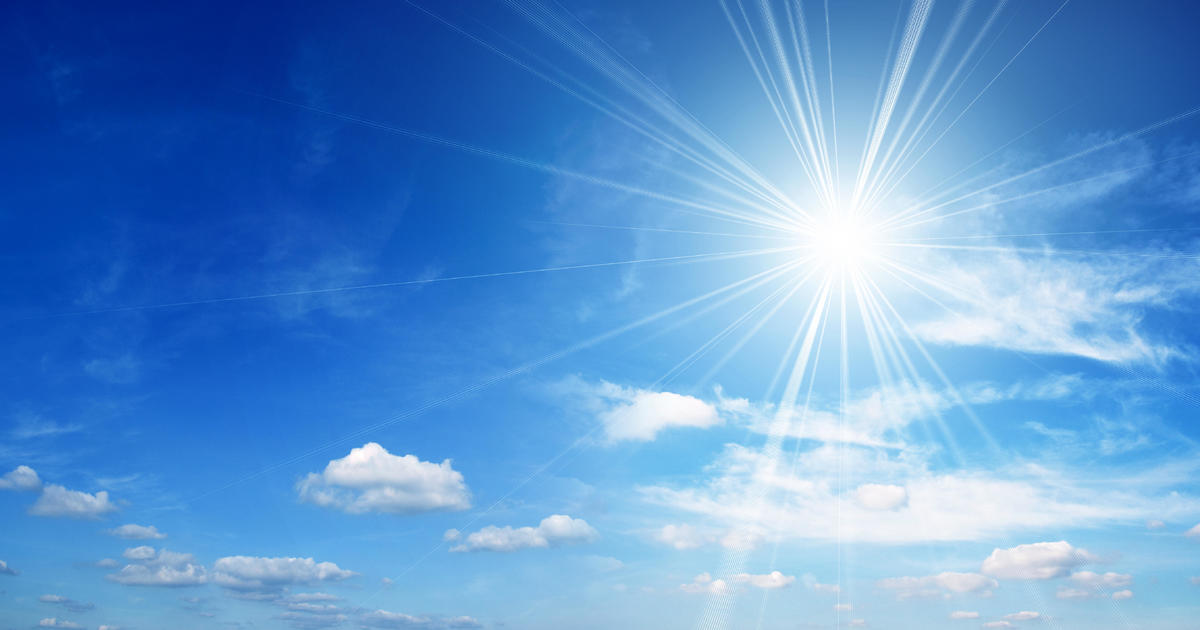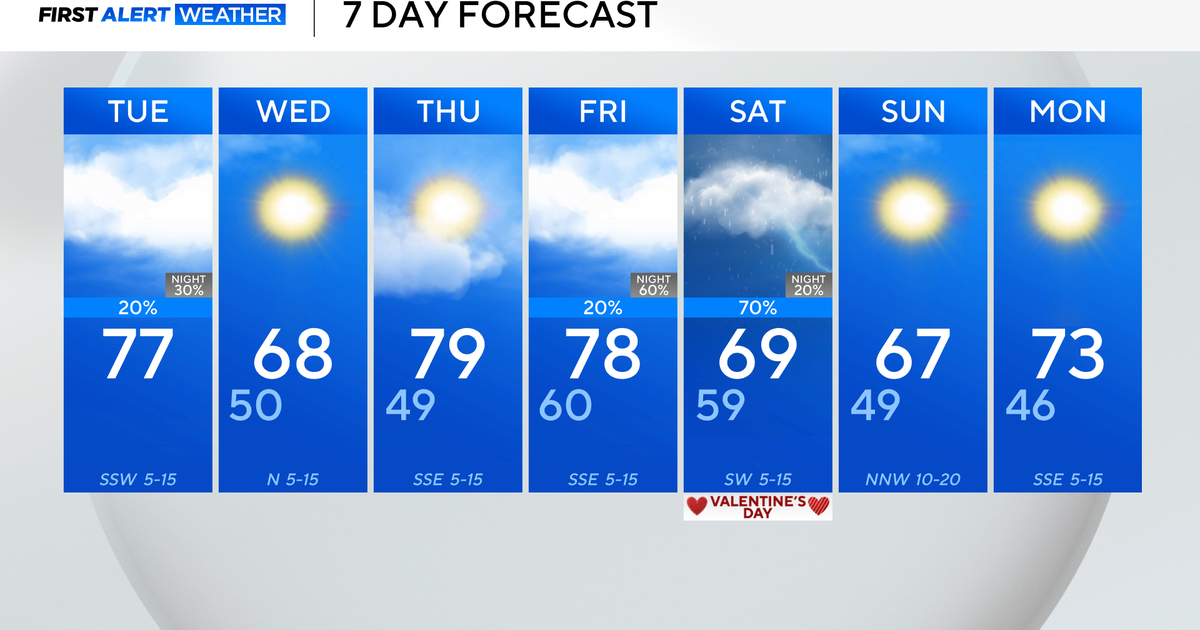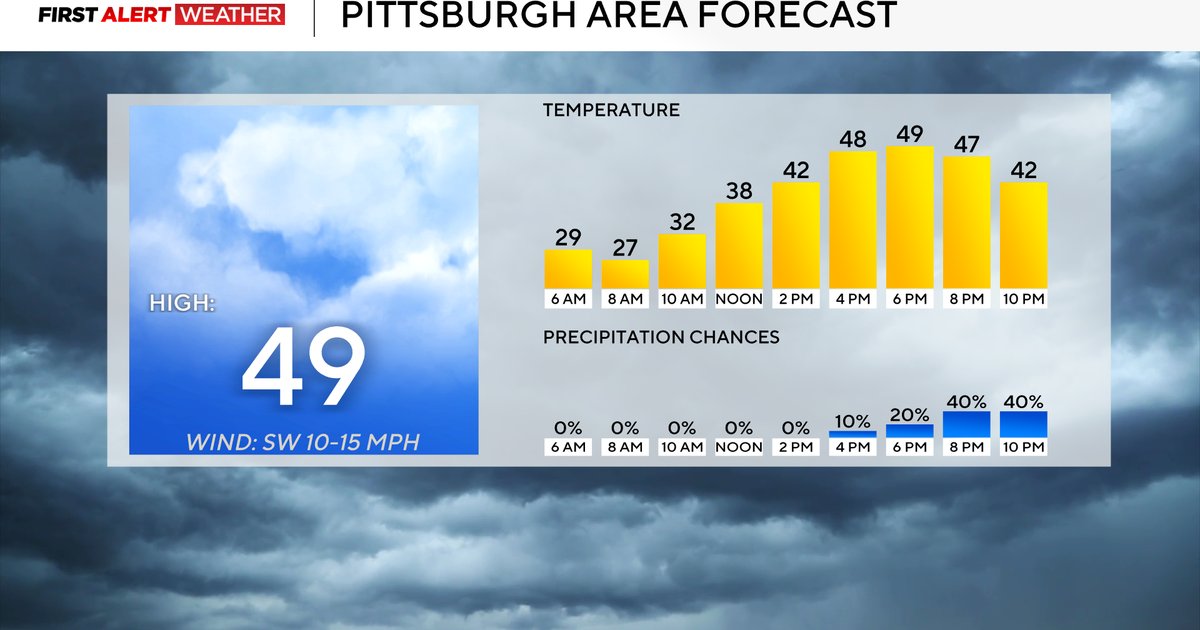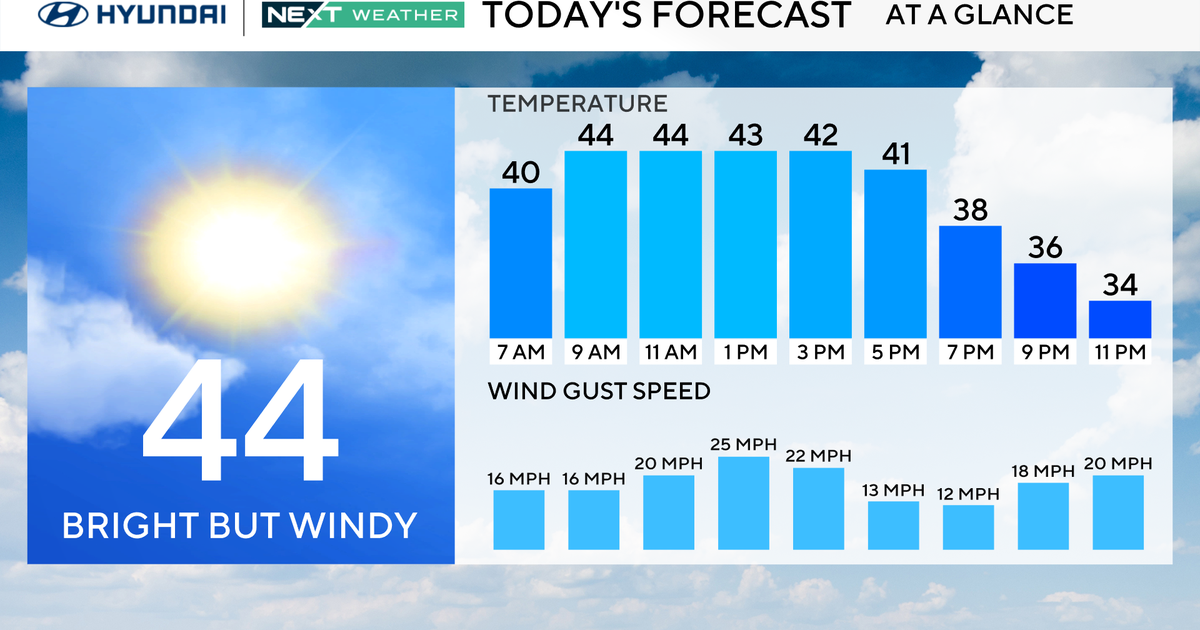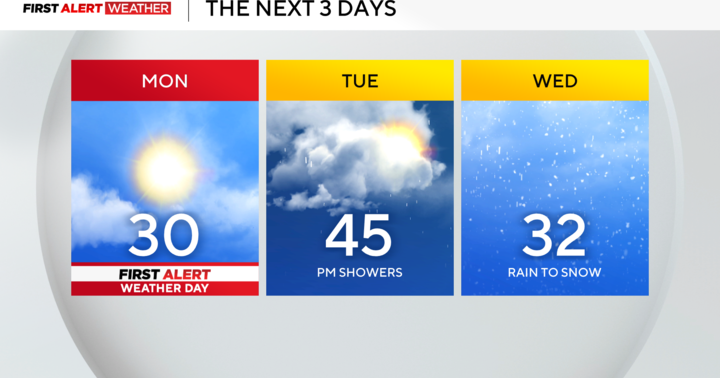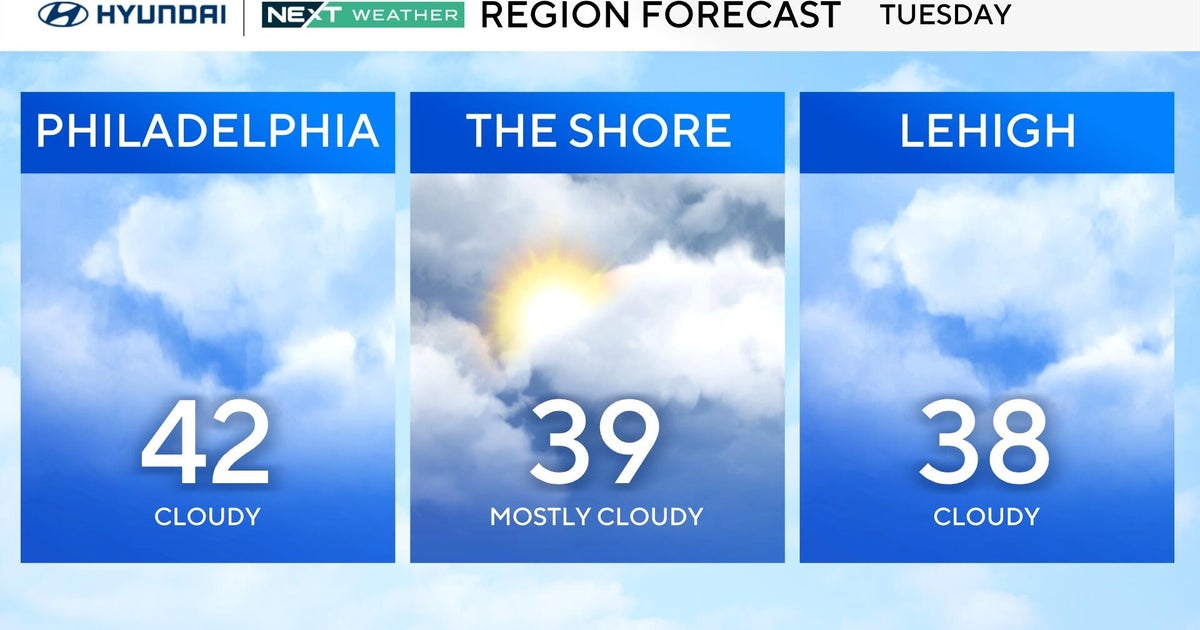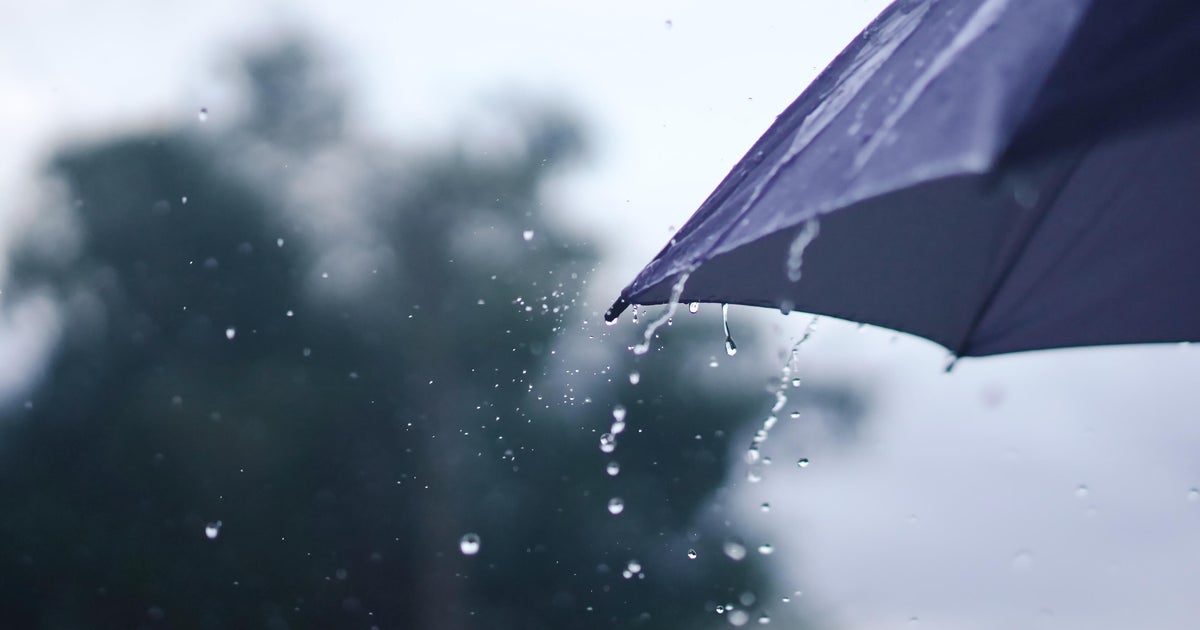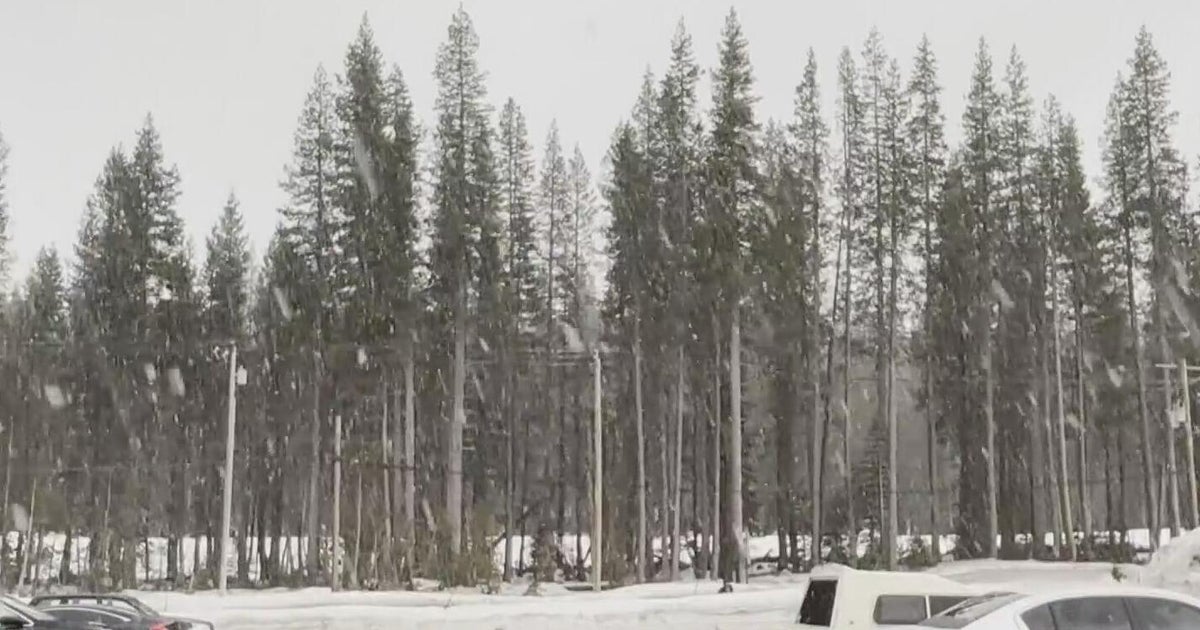Gardening 101: Finally Fall planting
NORTH TEXAS (CBSNewsTexas.com) - When I moved to North Texas from Nashville thirteen years ago, I was amazed to find out that we had three separate growing seasons here.
In the first one, you start to plant your vegetable crops in February - mostly greens and tomatoes. A second crop you start planting in March–May for summer, think melons, beans, and squash. In the Fall you can mostly plant what you planted in early Spring.
Here is the planting guide I use provided by the Texas Aggie Horticulture, but this is just a guide based on expected climate conditions. The climate is what you expect. Weather is what you get.
As the entire world is warming up, so is the weather around North Texas. If you want to plant for the Fall, the biggest obstacle to a successful start is September temperatures and rain.
For us this year it was the second hottest September on record with under an inch of rain. It is yet another in a series of hot Septembers. Of the 10 hottest ever recorded in the 124-year weather history, half have occurred since 2005, including the three hottest ever: 2019, 2023, 2005.
This is making a mess of Fall planting. It is difficult to get young seedlings or transplants through September when days are routinely in the upper 90s and even 100° range.
This year we broke a record for most triple-digit highs in the month, eight. The previous record was seven, set back in 2000.
I visited my friend George Pavelek of New Urban Farms in Colleyville. He started transplants in dappled shade in the middle of the month and put out transplants of peas and squash on the first day of October. He seeded carrots, green beans, and beets directly into the ground.
All these crops went in about a month late and most don't provide a crop until 55 days later. That's early December.
So, the late start means he is now wishing for a late-season first freeze. Typically, we get our first night of 32° around Thanksgiving. But freeze dates are becoming more unpredictable.
Last year it arrived just a few days early. The year before that, it fell in mid-December. The previous year, it hit on Halloween.
So, in summary, many gardeners must delay their fall garden because of the heat. Then, they rush to get that crop out before the first freeze, which is getting rather unpredictable. All in all, it is making it difficult to get a bountiful fall crop.
George is undeterred. He continues to use transplants grown in partial shade and watered almost daily in the September heat and tries to protect maturing crops with frost cloth to get past the first few freezes. I would recommend we all do the same.
Fall is a good planting season. Beets, carrots and spinach can go deep into the winter. In the past, it's been one of my favorites. But the last few have been rather bleak.
Gardens are always a mixture of victory and defeat. The warming world is making it just a little more difficult.
Jeff Ray is the senior First Alert Meteorologist at CBS News Texas and an avid gardener. When not covering the weather, he is finding stories about Gardening in North Texas. If you would like Jeff to come talk to your group about how changing weather patterns are changing the way we garden in this area, please email him at jaray@viacomcbs.com.
